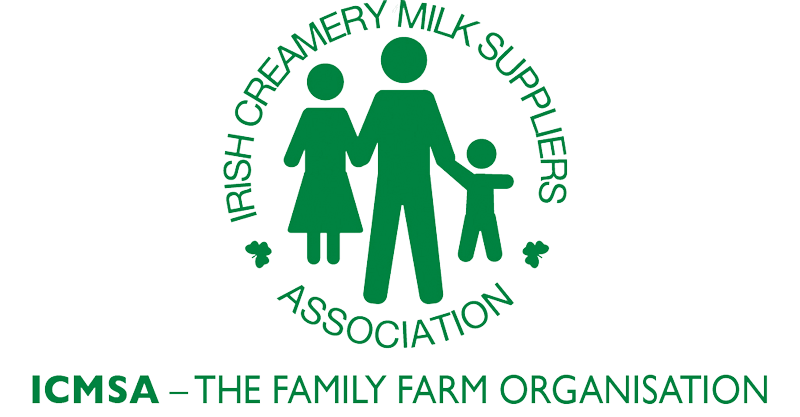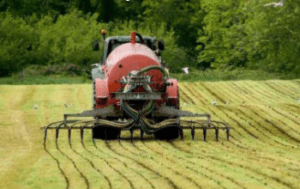
Pension

The State Pension (Contributory) is paid to people from the age of 66 who have enough Irish social insurance contributions. It is not means-tested. You can have other income and still get a State Pension (Contributory). This pension is taxable but you are unlikely to pay tax if it is your only income.
From 30 March 2018, people who applied for the State Pension (Contributory) after 1 September 2012 and whose pensions were reduced (because of contribution gaps for homemaking and caring) will be reassessed under a new Total Contributions Approach and can avail of a new Home Caring Credit.
Rules
-
Have paid social insurance contributions before a certain age
-
Have a certain number of social insurance contributions paid and
-
Have a certain average number over the years since you first started to pay
You may qualify for the State Pension (Non-Contributory) if:
-
You are aged 66 or over
-
You pass a means test
-
You meet the habitual residence condition.
Extra benefits
You are automatically paid an extra allowance of €10 per week when you reach 80 years of age. This increase is not paid to qualified adults.
The Living Alone Increase may be payable to people who live completely alone. You may also be eligible for other benefits. Find out more about medical cards, the Household Benefits Package and Fuel Allowance.
You can get an increase in your payment for an adult dependant (called a qualified adult).
You can also get an increase in your payment for child dependants (known as qualified children).
Changes to the State Pension (Contributory)
The Social Welfare and Pensions Act 2011 made a number of changes to the qualifying age for State pensions. The qualifying age will rise to 67 in 2021 and 68 in 2028. So:
-
If you were born on or after 1 January 1955 the minimum qualifying State pension age will be 67.
-
If you were born on or after 1 January 1961 the minimum qualifying State pension age will be 68.
Personal Pensions
Personal pensions mean pensions that are organised individually by self-employed people or employed people who do not have an occupational pension scheme.
Tax relief is available for contributions to personal pensions and the amount of the relief is age-related.
Tax relief on contributions
You may get tax relief on contributions to approved personal pension arrangements.
If you’re a PAYE worker, this relief is generally applied at source by your employer. If you’re self-employed, you can apply for tax relief on contributions by using Revenue on Line
This relief is more generous as you get older.
The maximum amount also applies to people in certain occupations and professions, irrespective of age where there is a limited earnings span. These occupations include professional athletes.
There is a limit on the earnings that may be taken into account. The limit is €115,000.
You no longer have to buy an annuity with the proceeds of your pension policy, however, you may do so if you wish. This option does not apply in general to occupational pensions, but it may apply to the Additional Voluntary Contributions (AVCs) paid by people in occupational pension schemes.
For more detail on all thing pensions please click here
Latest Headlines
- Sections
Contact Us
Telephone
+353 (0)61 314677
Address
ICMSA Head Office
John Feely House
Dublin Road
Limerick
V94 KX38





